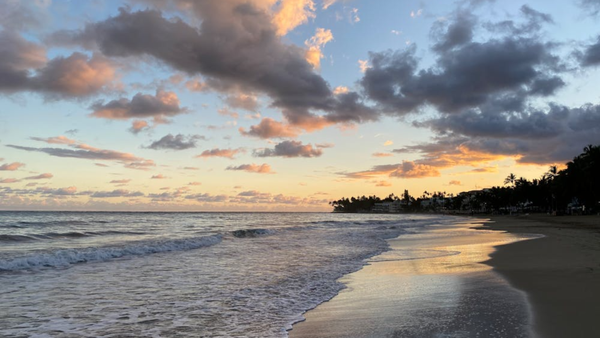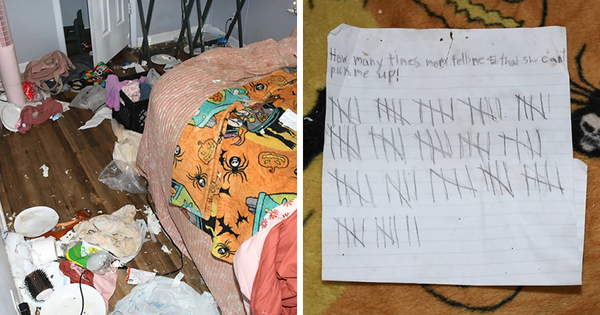
A government report on the Muslim Brotherhood in France will be presented at a Defence Council meeting – chaired by President Emmanuel Macron – on Wednesday. Interior Minister Bruno Retailleau said the report warns of “a very clear threat” to the country.
The 73-page document was commissioned in May 2024 to examine “political Islam and the Muslim Brotherhood movement”.
Prepared by two senior civil servants, the report remains classified at the lowest level of French national security, confidentiel-défense – however excerpts were published on Tuesday by the rightwing daily Le Figaro.
According to the extracts, about 7 percent of France’s 2,800 Muslim places of worship are linked to the movement. On Fridays, roughly 91,000 people attend prayers across all sites.
The report also raises concern about the spread of radical Islam in around 20 departments and expresses concern about a more conservative or rigid approach to religious practice.
“Things are very clear,” Retailleau told journalists on Tuesday. “There is a quiet Islamism spreading, notably by trying to enter and infiltrate sports, cultural, social and other associations.”
Retailleau said he first received the report when he took office at the Interior Ministry in September 2024.
Muslim worshipper's murder in mosque raises concern over Islamophobia in France
Pushing political Islam
The Muslim Brotherhood is a Sunni Islamist movement founded in Egypt in 1928.
While it began as an anti-colonial and religious reform group, today it promotes a form of political Islam that seeks to influence society through religious, educational and charitable networks.
The movement has no central leadership and operates differently around the world. It has been banned in several countries including Egypt, Saudi Arabia and Jordan.
Officials in Europe say the Muslim Brotherhood seeks to influence society through quiet or indirect means.
Retailleau on Tuesday said the Brotherhood's “ultimate goal is to push all of French society towards sharia law”, which he called “unacceptable”, and “incompatible with the principles of France and the goals of national cohesion”.
The report is now at the centre of a Defence Council meeting on Wednesday called by Macron.
Focused on “separatism and entryism” – the latter referring to attempts to quietly gain influence within institutions – the meeting brings together senior ministers including those responsible for defence, foreign affairs, the economy and the interior.
French Senate backs move to ban headscarf in sport
Links to French institutions
The report names several organisations in France it says are linked to the Brotherhood. They include the Averroès high school in Lille, the Al-Kindi school group near Lyon and two European Institutes of Human Sciences, which focus on teaching Arabic and the Quran.
It also identifies a broader “ecosystem” in several French cities, with Brotherhood-linked structures in education, charity work and religion. These organisations reportedly cooperate with one another. The report points to attempts to influence local councils.
Outside France, the document names the Brussels-based student group Femyso, which promotes anti-racism and campaigns against Islamophobia. A financial network called Europe Trust, based in London, is also mentioned.
“This report corroborates real facts and will allow us to act,” government spokesperson Sophie Primas told Europe 1, describing it as an “awareness of the reality of the danger”.
Officials at the Élysée said some decisions would follow Wednesday’s meeting, though certain measures would remain classified. A redacted version of the report is expected to be released later.







